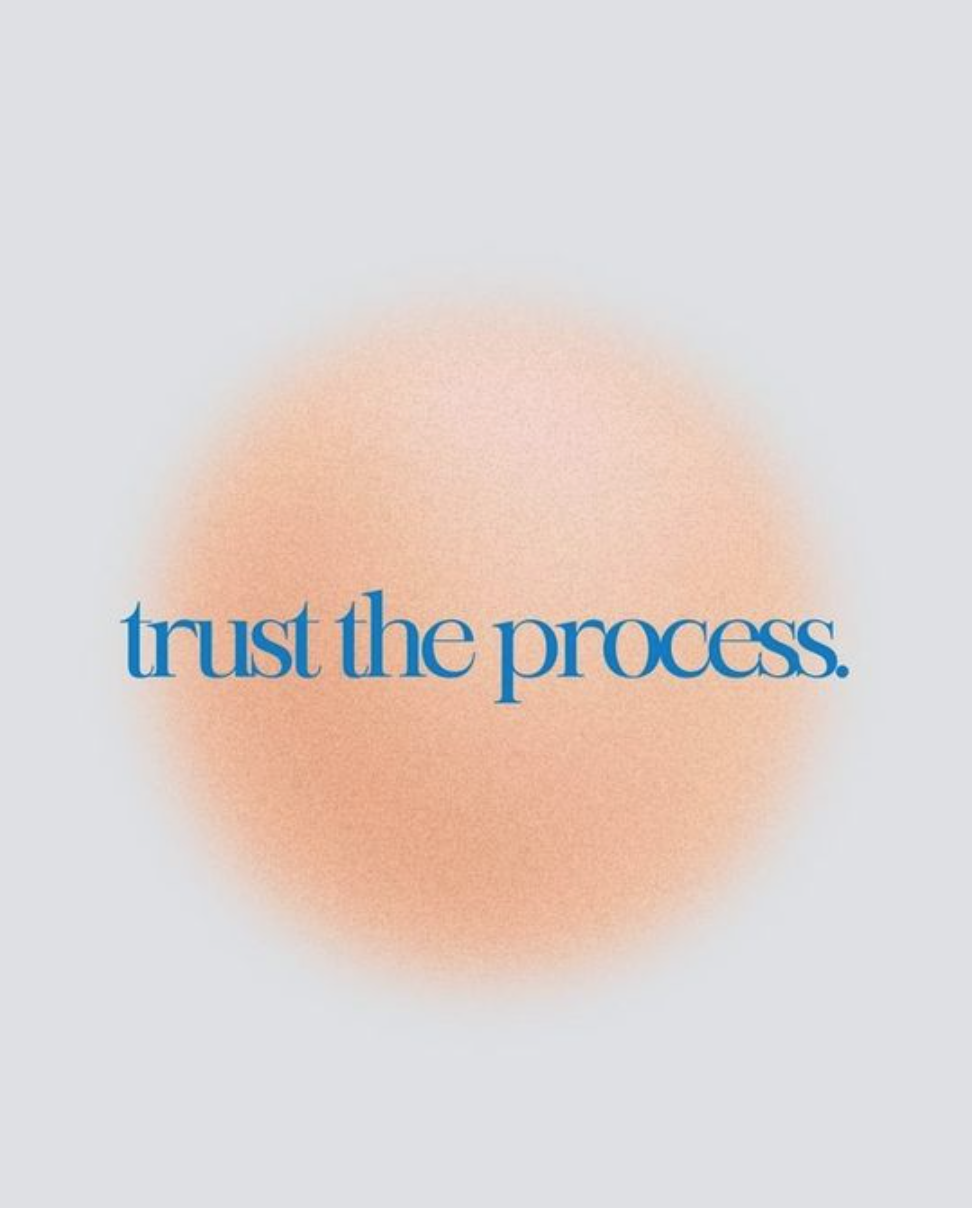THE WELLNESS WHISPERER
Ever wish you knew what the professionals think? Here, Sydney Wasdin M.Ed., ALC, NCC, RYT of True Yoga + Therapy opens up about what your therapist wish you knew when it comes to the complexity of diagnosis and progress in general. Turning the table, she provides the insider scoop on what we may need to consider as we care for the mental health of not only ourselves, but our loved ones, too.
Hello!
Many people think diagnosis is a simple, black and white process: you have a set of symptoms and then boom—you have an affirmative diagnosis. And, a lot of people walk into therapy self-diagnosed. This has become popularized with the increasing conversations around mental health topics, especially by those with social media platforms like TikTok. While we love the level of awareness this takes and the willingness to address what may be causing problems, here are some things professionals wish you knew about diagnosis.
For starters, it's complicated. Many diagnoses featured in the Diagnostic and Statistical Manual of Mental Disorders share some of the exact same symptoms. Some disorders also commonly co-occur, presenting more complexity within a case and treatment options. People often have tendencies of a certain diagnosis without necessarily being diagnosable for it and sometimes certain “disorders” can truly be a by-product of another mental and/or medical condition. Therefore, diagnosis is much more complex than expected and why a well-trained professional is needed. Please do not attempt to self-diagnose or diagnose your child or loved one. This can be harmful. It’s more productive to identify the features that are most challenging and communicate this with a professional.
It also takes time. An accurate diagnosis relies on having all the information and a good look at the course of the disorder in question, especially in the case of mood disorders. This is where clinicians meet some issues with insurance, as diagnosis is required for insurance billing and coverage. However, it takes time to truly know a case for a definitive diagnosis. A formal evaluation by a psychiatrist or psychologist helps to jump-start this process. The sharing of this information with the therapist or clinician who’s facilitating the client’s treatment is necessary and exponentially helpful.
It can be helpful or hurtful for the client. For many, it’s very helpful and even relieving to know what someone is struggling with and to be able to name it. For the clinician, it’s helpful for creating a treatment plan, conceptualizing the case and anticipating the issues the client may be facing. For others, the effect is stigmatizing or may be accompanied by a grief-like cycle– after all, no one likes to be stereotyped or “put in a box,” really. Both very normal, these responses are important to process and work through with a professional.
Having a diagnosis doesn’t end the issue. It helps clinicians and clients understand the issues and aids in the treatment and recovery process, but it doesn’t fix the problem. Therapy works to empower the client to learn to manage symptoms and minimize the negative impact on their life. Progress isn’t linear; it does not always move forward. There will be ups and downs, and all have value to facilitate a greater understanding, which then can serve as a basis for prevention of more negative impact. Trust the process, and keep going.
Take care you you Moma!
True Yoga + Therapy | 8851 Rand Avenue, Suite B, Daphne | 251.250.9440 | TrueYogaTherapy.com










